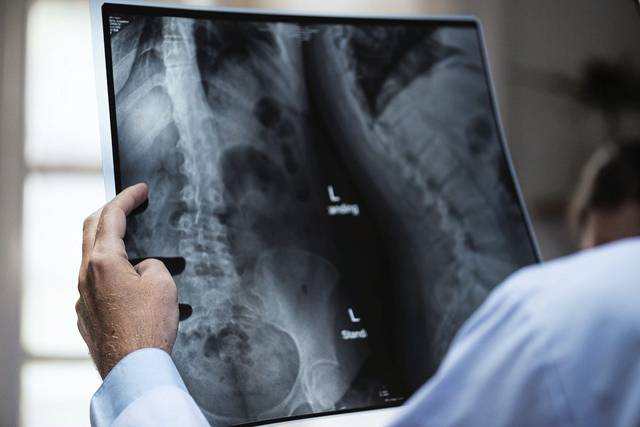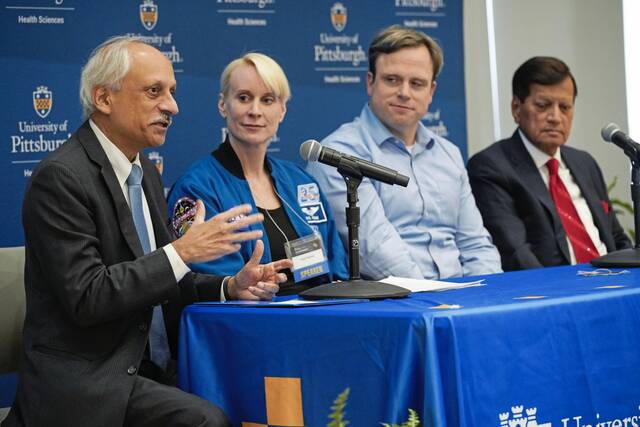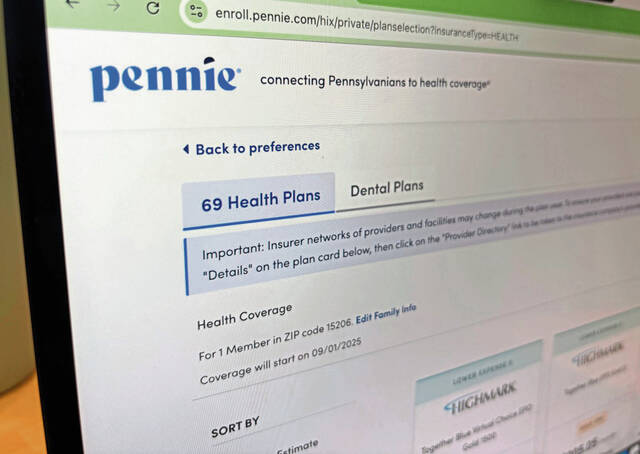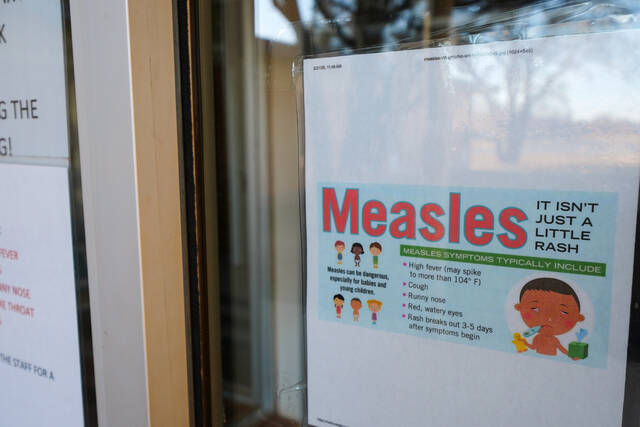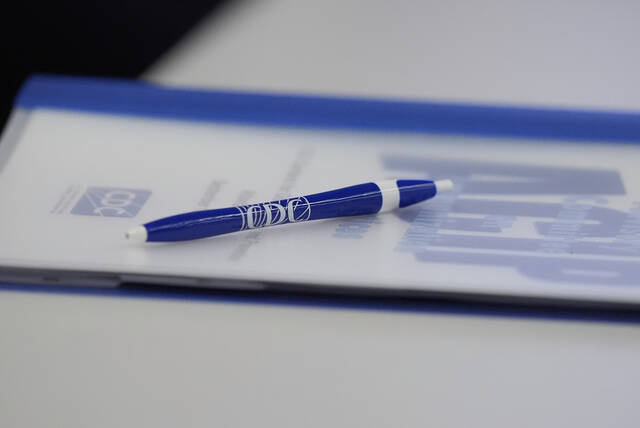Dear Mayo Clinic: I’ve never had a fracture or bone health issues. Should I still get a bone density test?
A: It depends.
A bone density test uses a low dose of X-rays in a quick, noninvasive way to measure the amount of calcium and other minerals in a segment of bone, usually the hips and spine. By identifying decreases in bone mineral density, your health care provider can determine your risk of fractures, and diagnose and monitor osteoporosis progression.
Most young, healthy people do not need a bone density test. But as you age, your risk for osteoporosis increases, because bone density tends to decrease as people grow older. That is especially true in women.
If you’re a woman 65 or older, a bone density test is recommended. Even if testing reveals your bone health is good, this test can be a baseline measurement for future testing.
For men without fractures, the answer isn’t quite as clear. The U.S. Preventive Services Task Force doesn’t recommend routine bone density testing for men. Because men have a higher bone mass and lose bone more slowly than women, they’re at a lower risk of fracture.
There’s also no conclusive evidence that osteoporosis medications can prevent fractures in men. However, up to one in four men over 50 will break a bone due to osteoporosis.
Groups such as the National Osteoporosis Foundation still recommend testing for men 70 and older. Men 50-69 and women under 65 also may want to have bone density testing if they have risk factors for osteoporosis, including a family history of the disease or a history of fractures.
‘T-score’
Another risk factor is taking certain kinds of drugs that can interfere with the body’s process of rebuilding bone. Examples of these drugs include steroid medications, such as prednisone, and immunosuppressant medications, such as those taken after an organ transplant or bone marrow transplant.
People over 50 who have broken a bone and people who have lost 1.5 inches of height or more also may need a bone density test to screen for osteoporosis.
Bone density test results are reported in a measurement known as a “T-score.” A T-score of minus 1 or higher is normal. A score of minus 2.5 or lower is osteoporosis.
The range between normal and osteoporosis is considered osteopenia, a condition in which bone density is below the normal range and puts a person at higher risk for developing osteoporosis.
There are things you can do to help keep your bones stay healthy as you get older:
• Exercise is important. Be sure to include a combination of weight-bearing exercises, such as walking, jogging, running or stair-climbing.
• Eat a healthy diet, making sure to get the right amounts of calcium and vitamin D.
• If you smoke, stop. Research suggests that tobacco use contributes to weak bones.
• Limit the amount of alcohol you drink. Regularly having more than two alcoholic drinks a day raises your risk of osteoporosis, possibly because alcohol can interfere with the body’s ability to absorb calcium.
Talk to your health care provider about getting a bone density test and discuss any concerns you have about your bone health.


